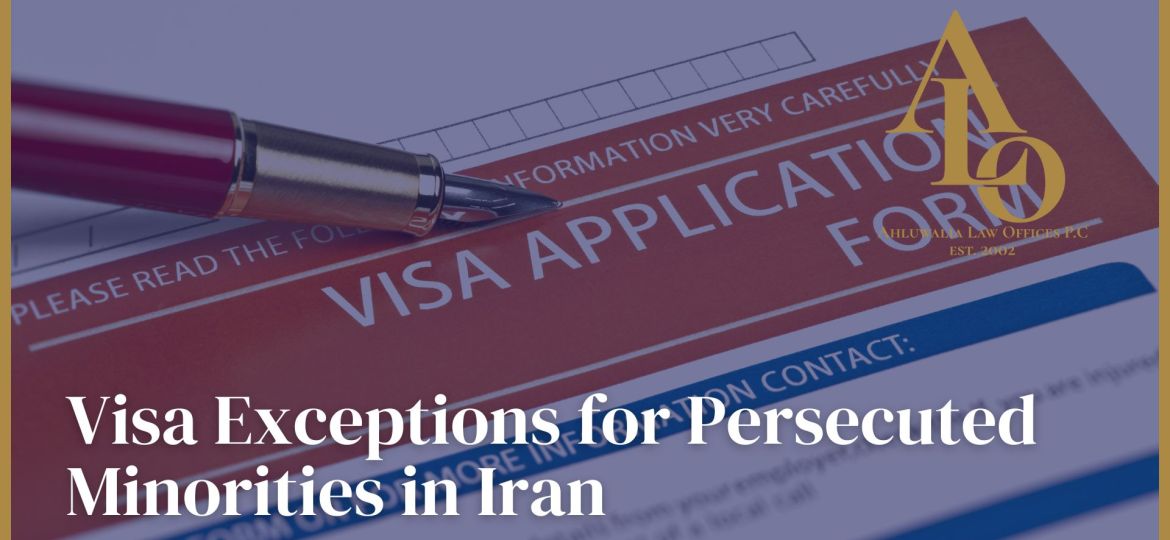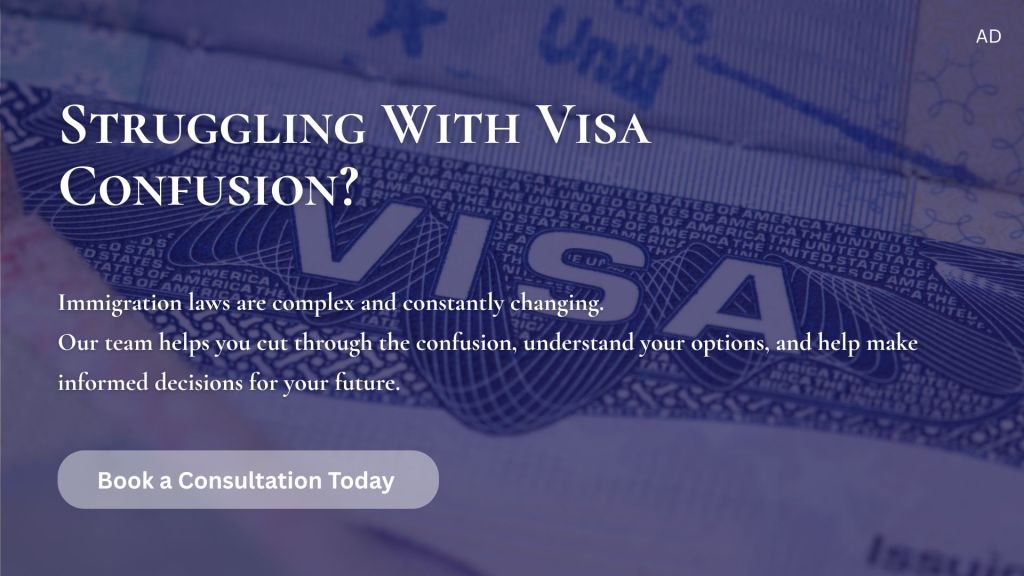
On June 4, 2025, President Trump issued Presidential Proclamation 10949, which suspends or restricts the entry of nationals from several countries on national security grounds. While the proclamation broadly suspends entry for nationals of 12 countries and partially restricts entry from 7 others, Section 4(b) provides an important exception for certain immigrant visa applicants from Iran.
Exception for Persecuted Minorities
The Department of State (DOS), in guidance issued July 18, 2025, clarified that immigrant visa applicants from Iran who are members of ethnic or religious minorities facing persecution may qualify for an exception. Applicants are not required to show individualized persecution; instead, they must demonstrate membership in a recognized minority group.
Groups expressly identified as covered include:
- Ahwazi Arabs
- Azerbaijani Turks (Azeris)
- Baha’i
- Balouch
- Christians
- Jews
- Kurds
- Sabean-Mandaeans
- Sufi Muslims
- Sunni Muslims
- Yarsans
- Zoroastrians
Other minorities not specifically listed may also qualify if they can establish persecution in Iran.
Applications may be refused under INA 221(g) if more documentation is required, or denied if the applicant does not qualify.
Burden of Proof
The burden remains on applicants to prove eligibility under the exception. While consular officers have authority to accept evidence of minority membership, thorough documentation is critical—especially for applicants who do not belong to one of the specifically named groups.
What This Means for Applicants
This development provides a narrow but significant path for Iranian nationals who belong to persecuted ethnic or religious minorities. Applicants should prepare detailed documentation of their minority status and history of persecution, anticipating heightened scrutiny at the consular stage.


